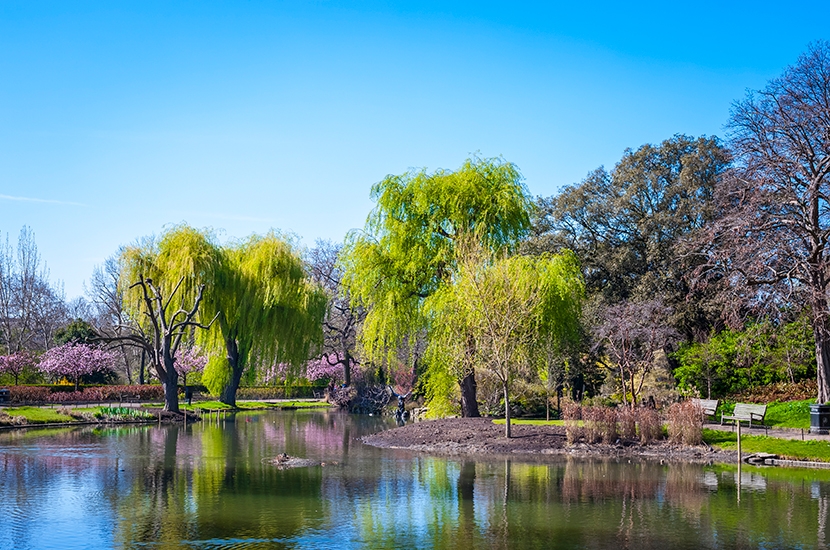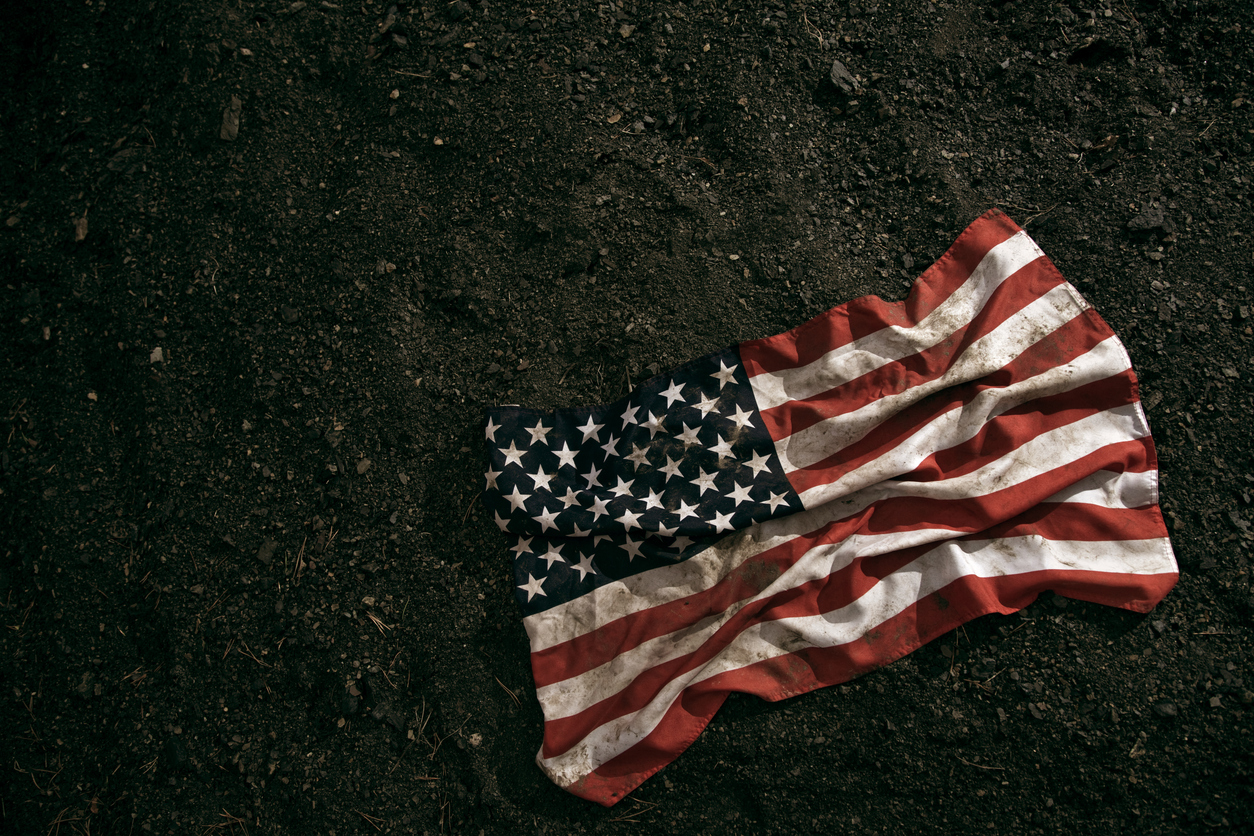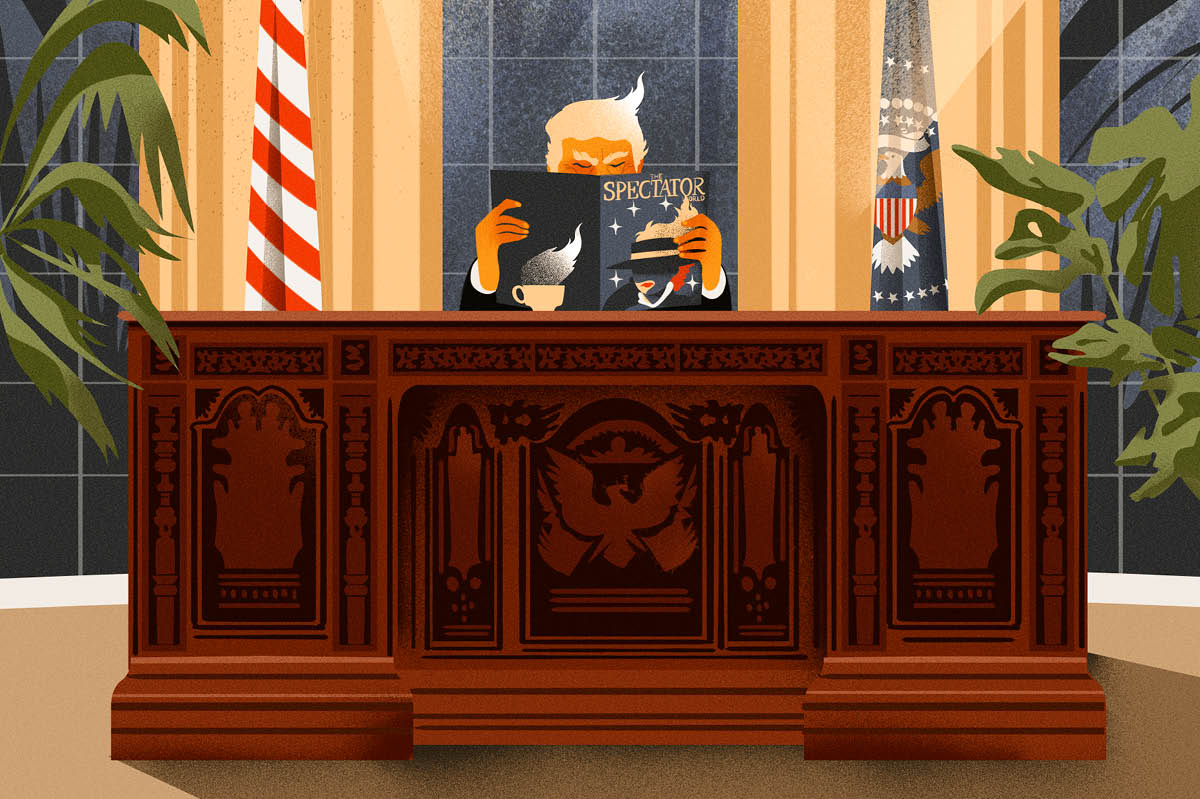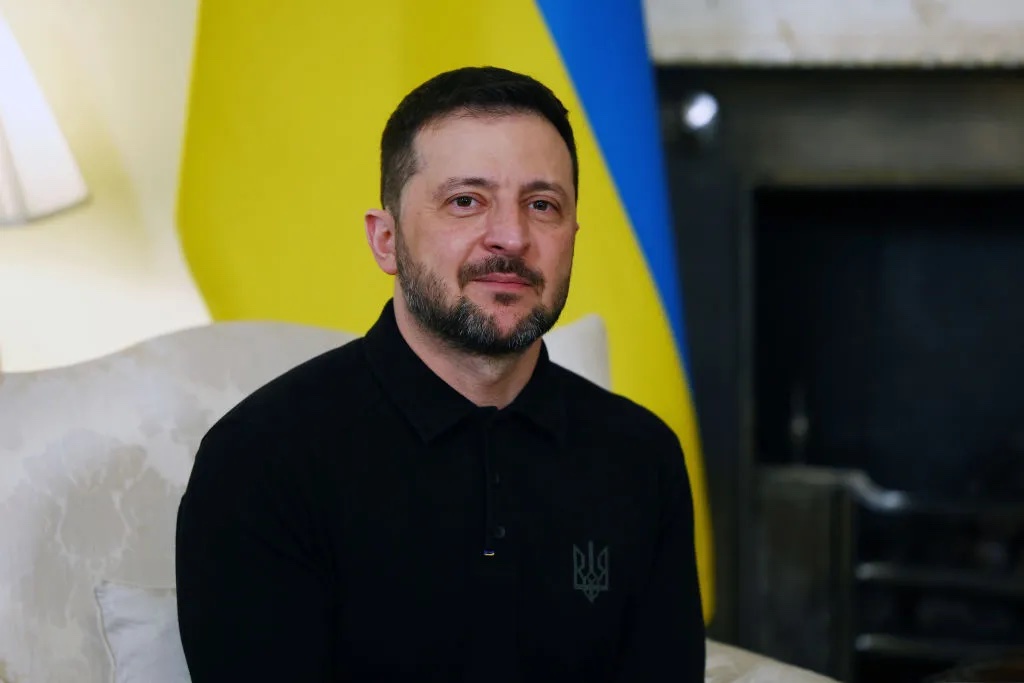London
The sweetest sound to me now is the dawn chorus of birdsong at home on the farm. I lay awake in bed and listened, as a light rain fell on the coconut thatch above me. When I walked out into the garden the three dogs burst out of the house to go off exploring. While I made coffee in the kitchen, our cats Omar and Bernini rubbed against my legs until I fed them and then in walked Long John Silver the orphaned calf, looking for a bowl of milk. I headed out to the crush where the herds were coming in to be dipped. Cattle were mooing, the sheep were bleating and the cowhands were whistling and shouting. With dew sparkling on the grass and the air alive with the hum of bees, I felt so grateful to be here. Home.
I felt it again while driving over to visit my neighbors Tom and Jo on the next-door farm, when three eland leapt high in the air as they crossed the track ahead of me. I stopped on the way there and saw not a human soul, not as far as the eye could see, with green grassy plains scattered with great herds of zebra, oryx, gazelles, elephant and giraffe. Any kind of trouble seemed very far away.
Back at the kitchen, where we usually have our farm business meetings, I sat down with the staff. They looked worried because the rumor was that any contact with the virus was fatal. First, I said, everybody on the farm was young and healthy. We’d be OK — and their spouses and children were going to be OK. I knew that our very remote and isolated location meant that it was highly unlikely that anybody would fall sick while staying here. We set up tap stands with bars of soap. I urged people not to shake hands — a terrible thing to have to say in a polite Kenyan society — or hug each other. Anybody returning from leave would have to stay two weeks in the two huts at the farm’s entrance gate about a mile from the farmstead. On my last trip to town I had purchased six months of food supplies for everybody here, together with six months of fuel, livestock supplies, farm chemicals, medicines and enough dog and cat food to last an entire year.
The whole family should have been with me but Claire was in London working, our daughter Eve was in England about to go on a gap year Spanish course and our boy Rider was still at school in Shrewsbury. As I left home I avoided goodbyes, saying simply, ‘I’ll be back in a few days with the family.’ I flew to London, jumped in a rental car, drove to Shropshire and picked up my son. Lots of tears as the school closed for the first time in this way in 468 years. Headed back to London, packed up all the family’s things, drove to the in-laws in Sussex. Had a conversation with my aged in-laws Gerry and Jean through the glass of their conservatory. Raced back to London and we all got ready to fly — and just then Kenya imposed quarantine for travelers before closing its airspace entirely.
And so here we are in London — not a place for a Kenya farmer and his family. Thanks to our dear friends Jon and Lou, we have a lovely house here to sit out the global house arrest. I run the farm by WhatsApp. We go for walks in Regent’s Park and head for the zoo where we can hear the lions and tigers roaring. I am fascinated how, despite the apparent disappearance of white people from London, the capital keeps going, run by immigrants and the downtrodden. The rich are in their country cottages tweeting about social distancing and playing videos of cats playing violins — but my African brothers and sisters are running the supermarkets, fixing the roads and collecting the trash. Sings an Irish tramp all day every day on Oxford Street as I trudge up and down on my foraging runs, ‘My life is in your hands!’
***
A print and digital subscription to The Spectator is just $7.99 a month
***
My 95-year-old mother in Nairobi has had a fall and broken bones, but I can’t get to her, which breaks my heart. Back at the house in London, our daughter Eve spends several days in bed with the virus and we reckon the rest of us will get it very soon. Having suffered malaria and sundry other nasty diseases, we are not scared of this thing, but we would like it to be over so that we can get back to our home when they open the airspace.
This article is in The Spectator’s June 2020 US edition.

























